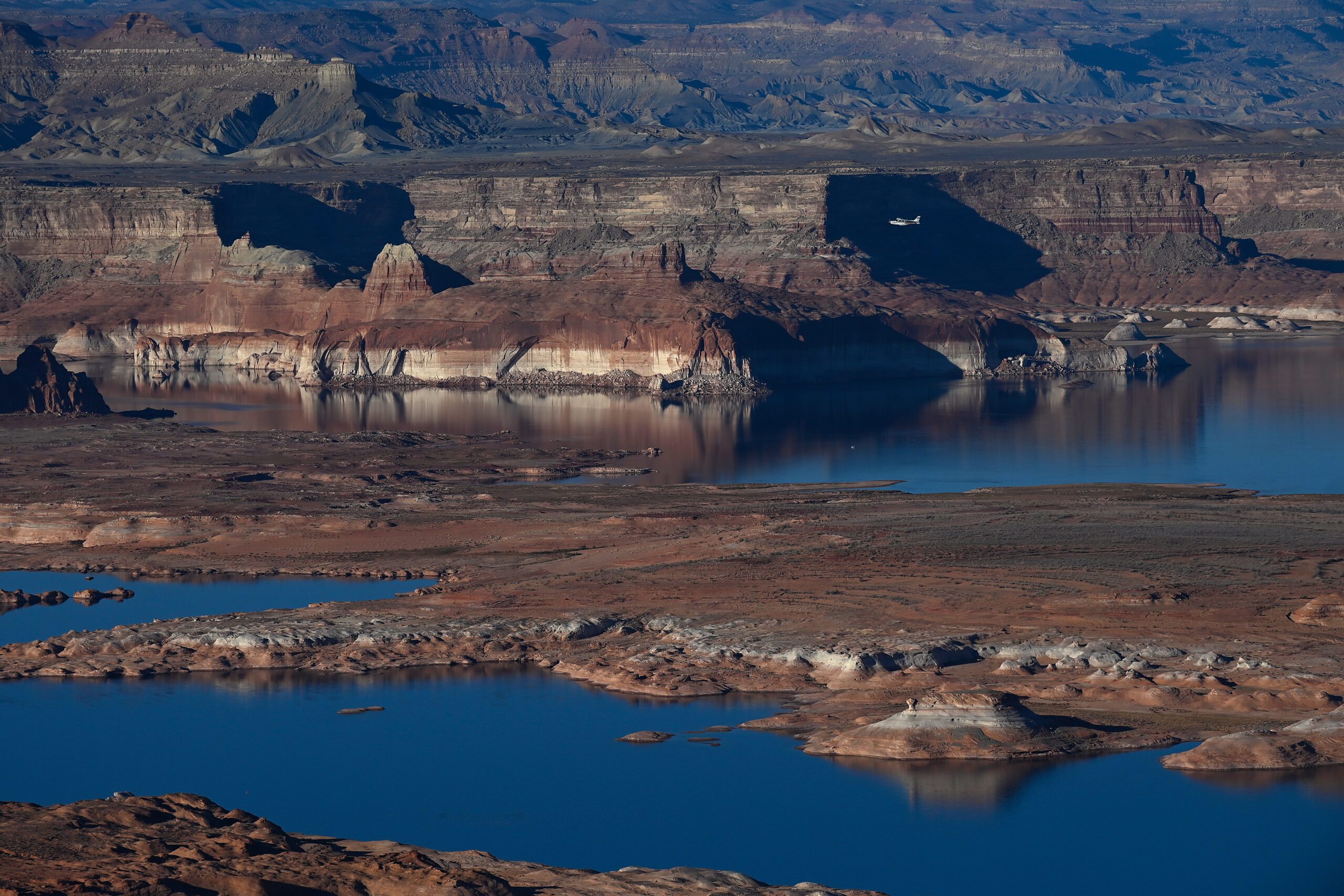Unanimous Approval for New Water Protections
The Colorado Senate has unanimously passed a bipartisan bill designed to provide new protections for waters affected by a Supreme Court decision that limited the Clean Water Act’s scope. This recent judicial ruling has made it essential for states to enact their own safeguards for vulnerable water bodies, including small streams and wetlands, prompting the Colorado Legislature to act.
Consolidation of Legislative Efforts
Initially, competing bills with different approaches to permitting were debated within the Colorado Legislature. Following extensive discussions, Senator Barbara Kirkmeyer, a Republican from Weld County and initial sponsor of Senate Bill 24-127, aligned with Democrats Speaker Julie McCluskie of Dillon and Representative Karen McCormick of Longmont in support of House Bill 24-1379. This bill, which underwent 23 amendments in the House, aims to establish a permitting program under the Colorado Department of Public Health and Environment (CDPHE) specifically for dredge and fill activities affecting state waters, with certain exemptions aimed primarily at agriculture.
Strategic Legislative Amendments
The shift in support from the Senate bill to the House bill occurred after an influential amendment was introduced in the Senate Finance Committee, securing widespread backing for the latter. This amendment guarantees that the permitting process adheres to the Clean Water Act’s guidelines, which cannot be undermined by future administrations. Senator Dylan Roberts, a Democrat from Frisco and one of the bill’s sponsors, stressed that this measure is crucial to prevent the inconsistency seen with past administrative changes at the federal level.
Provisions for Environmental Stability and Reporting
The amendment also addresses stream restoration and protects existing projects through grandfathering clauses while allowing flexibility and maintenance for irrigation ditches. It mandates that the CDPHE provides quarterly reports to the Joint Budget Committee, ensuring ongoing oversight and responsiveness of the permitting process.
Collaborative and Inclusive Negotiations
Emphasizing the collaborative nature of the negotiations, Senator Kirkmeyer highlighted the involvement of various stakeholders, including environmental groups, the health department, and the Colorado Water Congress, in shaping the bill. Though compromises were made, the focus remained steadfast on enhancing protection for Colorado’s streams, wetlands, and broader water resources.
Next Steps for Legislative Approval
With the Senate’s amendments integrated, the bill now returns to the House for final approval. Upon passage, it will be forwarded to Governor Jared Polis for signing, marking a significant step in state-level environmental governance. This legislation exemplifies proactive state leadership in environmental protection amidst shifting federal policies.
